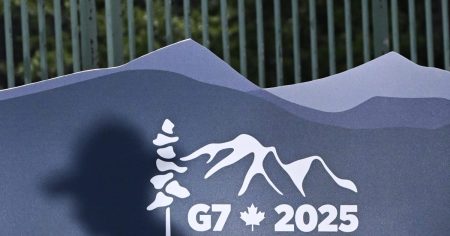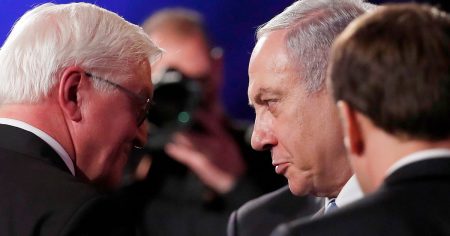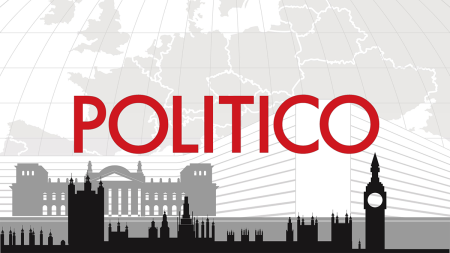The political landscapes of Hungary and Poland have seen notable transformations over the last few decades, shaped significantly by the relationships between their leaders within the broader European context. Viktor Orbán, the Hungarian Prime Minister, and Donald Tusk, the former leader of Poland’s Civic Platform party and president of the European Council, initially shared a congenial rapport rooted in their shared conservative affiliation in the European People’s Party and mutual experiences in anti-communist opposition during the late 1980s. As both men rose in their respective political spheres, they reportedly bonded over personal interests like football, cultivating a strong alliance. However, scholars like Edit Zgut-Przybylska and Zsombor Zeöld highlight that this relationship began to falter mid-2010s as Orbán’s government increasingly clashed with European institutions, coinciding with Tusk’s political decline as Civic Platform fell from power.
The shift in dynamics was underscored by Jaroslaw Kaczyński’s ascent to power as the leader of the right-wing Law and Justice (PiS) party. Kaczyński admired Orbán’s governance model in Hungary, even expressing a desire to mimic it in Poland, revealing an intent to consolidate political control—especially over media and judiciary systems. The strategies pursued by Kaczyński and PiS mirrored those employed by Orbán’s Fidesz party but faced greater resistance domestically than Orbán encountered, suggesting a divergence in their respective political battles. This shift in focus and strategy painted Poland and Hungary as increasingly similar. However, the bilateral relationship markedly changed as Tusk transitioned from national to European leadership while Orbán intensified his criticisms towards the EU and its institutions.
As Tusk operated within the Brussels framework, his party, Civic Platform, struggled to maintain power, paving the way for PiS to gain influence. While both parties operated under general conservative and right-wing principles, the respective pursuits of power revealed a deeper kinship between Orbán and Kaczyński based on shared goals of governing authority and resisting European scrutiny. Kaczyński, buoyed by Orbán’s political victories, aggressively pursued similar reforms in Poland, aiming to secure a political atmosphere conducive to his party’s policies. This political alignment highlighted a growing dualism in their stances on democracy, transparency, and adherence to EU policies, which increasingly alarmed European institutions that advocated for democratic integrity in member states.
The mutual influence of Orbán and Kaczyński established a profound connection that often resulted in cooperation against perceived external pressures, such as those from Brussels. This coalition fostered a resilience against EU demands, which were often seen as intrusions on national sovereignty. As both countries adopted increasingly authoritarian measures, they found themselves at the center of EU concern regarding democratic backsliding. This erosion of democratic norms and a shared resistance to EU criticism solidified their partnership, creating a counter-narrative focused on national identity and conservative values as a bulwark against external interventions.
Despite their ideological alignments, the relationship between the Hungarian and Polish leadership has not been devoid of challenges. As the political landscape in Europe evolves, both leaders face the complexities of maintaining domestic control while navigating the tensions inherent in their relationship with European institutions. Orbán’s assertive rhetoric and initiatives have at times diverged from broader EU expectations, leading to scrutiny that Kaczyński’s government has also faced. Their cooperation may serve immediate national interests; however, the durability of their alliance rests on managing the delicate balance between mutual support and the diverging political realities they contend with in their respective nations.
In conclusion, the evolving relationship between Viktor Orbán and Jaroslaw Kaczyński epitomizes a rising trend of nationalism and authoritarianism within the European landscape. Once bound by camaraderie as rising conservative leaders, their alliances have shifted towards tactical collaboration amidst growing pressures from the EU. While their shared experiences have fostered a strong understanding of their political landscapes, the integrity of their partnership faces ongoing scrutiny from both domestic opposition and European institutions dedicated to upholding democratic values. As they continue to navigate their separate yet intertwined political arenas, their strategies and alliances will undoubtedly remain pivotal in shaping the future of conservative governance in Eastern Europe.














